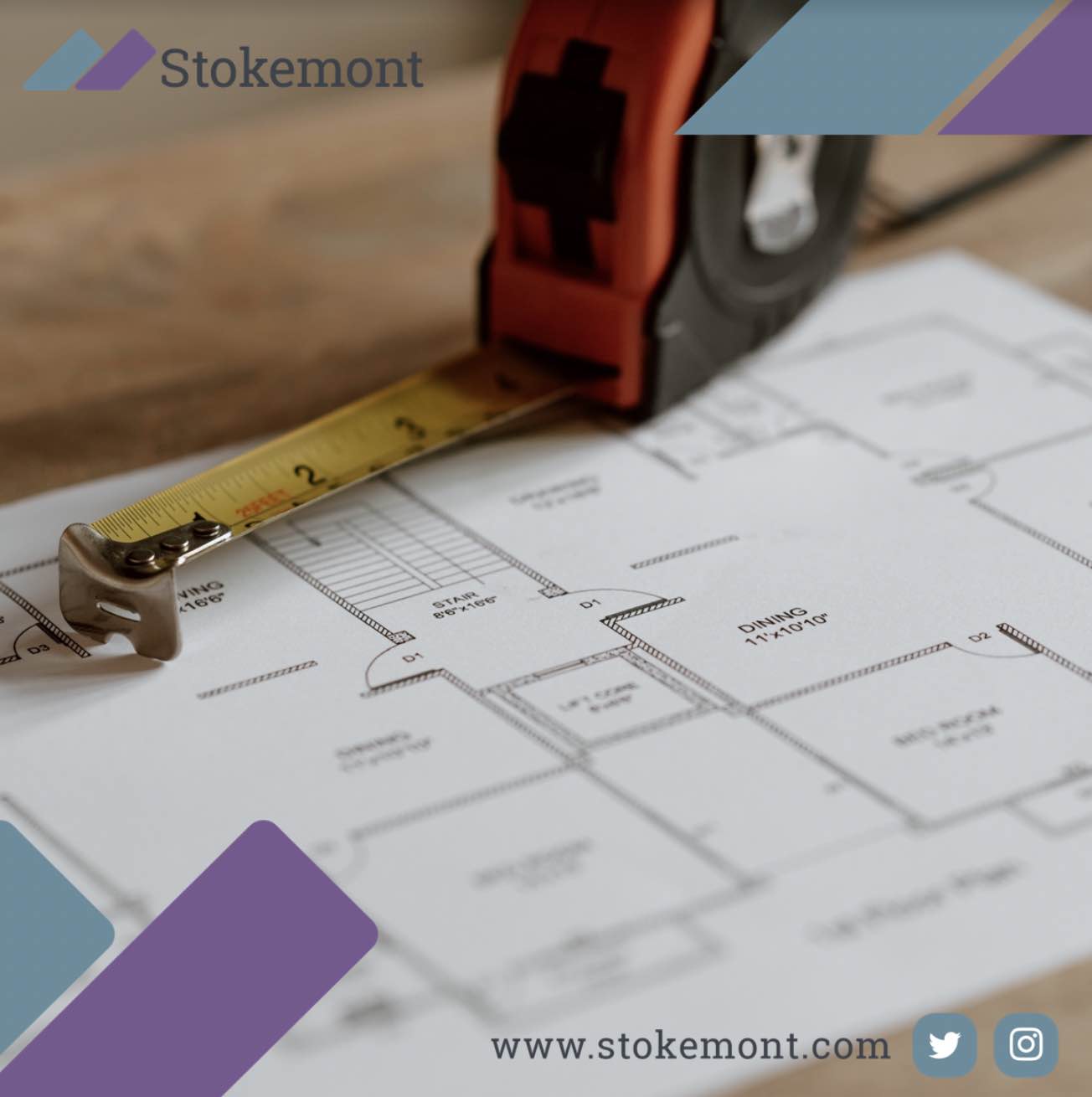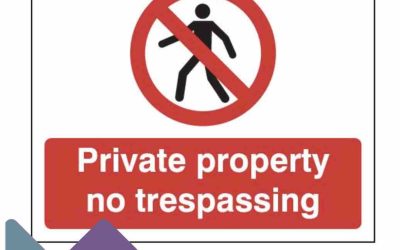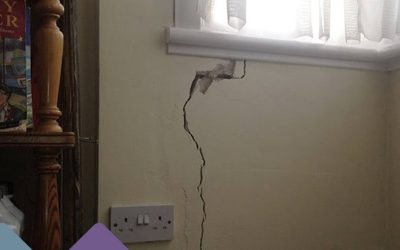In this week’s property surveying blogpost, here at Stokemont, we are going to be looking at Licence for Alterations procedures.
If you own a leasehold property then the specifics of your ownership and the all-governing document that covers the property will be set out within the property’s Lease.
Almost all Leases will have some form of alterations clause whereby the leaseholder is permitted to go through various procedures should they wish to undertake any form of alterations to their property.
It is worth noting that alterations is, generally speaking, a wide referral, however, effectively it would cover both structural and non-structural changes to the property itself.
Surprisingly, it can also cover minimal or minor works; including the changing of floor coverings, the installation of new bathrooms or kitchen, or, changing the windows of the property.
There are, generally speaking, three different forms of alterations covenant, we are now going to look at these in a little more detail.
The most favourable leasehold alterations covenant is a fully qualified covenant. A fully qualified covenant ensure that the leaseholder is able to undertake their proposed alterations, structural or otherwise, without issue or delay.
This all-important fully qualified covenant comes into play as effectively the Lease wording will set out that the freeholder should grant consent, with that consent not being unreasonably withheld.
In a nutshell, and in layman terms, this effectively means that, should the leaseholder go through the necessary Licence for Alterations procedures, their freehold in all normal circumstances should give them their consent, with that consent being provided in a cost and time effective manner.
The next alterations covenant is the mid-level one and is known as a qualified covenant.
A qualified leasehold covenant effectively means that the leaseholder will be able to undertake their works, subject to and providing that they can obtain their freeholder’s consent.
Unlike a fully qualified covenant, the wording of the Lease will not go on to state that the consent should not be unreasonably withheld.
In a nutshell, this effectively means that, while the freeholder is likely to give you the consent for the alterations, they may take the cost or profit focussed approach of charging you for this consent.
With this in mind, it is not unknown, or uncommon, for freeholders to levy exorbitant figures to the consent. We would therefore advise that before you get too far down the road of planning your Licence for Alterations works, that discussions are opened with the freeholder sooner than later.
The last thing you would want to do is pay for an architect to prepare the plans, pay for an engineer to prepare the structural design, go through the rigorous procedures of applying for Planning permission, to only then find out that your freeholder isn’t willing to grant you the consent for your proposed alterations.
The third and final leasehold alterations covenant is an absolute covenant.
An absolute covenant is the worst case scenario for a leaseholder, and effectively means that your freeholder doesn’t need to give you consent, and in all honesty is unlikely to.
Recent case law, significantly changed the way that the fully qualified covenant is viewed in the eye of freeholders.
Since Duval v Randolph Crescent Ltd came to light, and was widely reported on, freeholders are now incredibly cautious and careful when considering alterations requests.
In our experience here at Stokemont, if you are unlucky enough to have an absolute covenant, we would advise preparing for the worst, ultimately meaning that you may be unlikely to gain your freeholder’s consent.
It is worth noting that this cautious approach from freeholders will often mean that they will seek the express permissions and consents from your fellow leaseholders whereby, if a single leaseholder isn’t agreeable to giving you consent for these works, they could scupper the whole plans.
Licence for Alterations procedures are a bumpy road at the best of times, here at Stokemont we would advise carefully considering the Lease’s alteration procedures.
Furthermore, we would advise doing this sooner than later, as the last thing you would want to do is progress too far down the road, to only find there is a significant hurdle or wall in your way.
If you are planning on undertaking works to your property, get in touch with our team of qualified and experienced RICS Chartered Surveyors today and we will happily take a look at your Lease, provide you a little bit more advice, free of charge of course.




